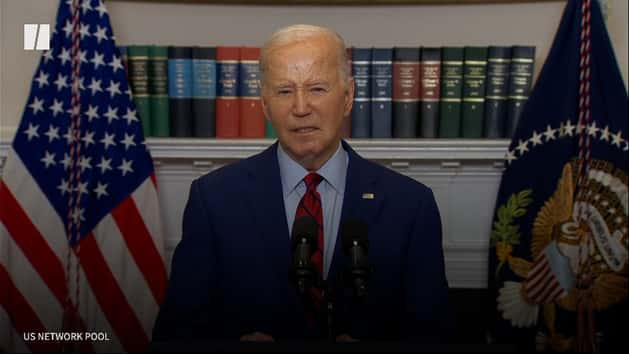May 4, 2024
NEW YORK (AP) – Boeing is threatening to lock out its private force of firefighters who protect its aircraft-manufacturing plants in the Seattle area and bring in replacements beginning Friday night unless the workers accept the company’s last offer on wages.
The company said the two sides were far apart in negotiations. It described the lockout as a precautionary move because the union could go on strike at any time once the current contract expires at midnight local time.
Each side accuses the other of bad-faith negotiating.
The labour showdown comes as Boeing deals with mounting losses — more than USD24 billion since the start of 2019 — and increased scrutiny over quality and safety in its manufacturing since a door plug blew out of an Alaska Airlines Boeing 737 Max flying over Oregon in January.
On Friday, Boeing dismissed any safety concerns about the dispute with its industrial firefighters. The company said it has made arrangements with “highly qualified firefighters” to replace the union workers, and the lockout will not affect operations at plants where it builds planes.
Boeing has about 125 firefighters in the Seattle area and a facility about 275 kilometres away in central Washington state. They serve as first responders to fires and medical emergencies, and can call in help from local fire departments. The union says their constant presence lets Boeing get much lower insurance rates.
The company says firefighters were paid USD91,000 on average last year.
Casey Yeager, president of Local I-66 of the International Association of Fire Fighters, said Boeing was proposing raises of 18 to 20 per cent that would still leave crews earning 20 to 30 per cent less than firefighters in the cities where Boeing plants are located. He said the union is seeking raises of 40 to 50 per cent.
A major sticking point is Boeing’s demand to make firefighters wait 19 years to hit top pay scale, up from 14 years. The union is proposing five years.
“If they keep pushing it out, you’ll never get” to top scale, said Kjel Swedelius, a Boeing firefighter for more than six years. “Our turnover rate is super, super high.”
Swedelius said he needs financial assistance to cover care for his autistic 7-year-old son.
“I really like working at Boeing, but it’s getting harder and harder,” he said. “They don’t want to keep up with inflation.”
In a letter to the union this week, Boeing said the union had rejected two previous proposals, and the company “has gone as far financially as it is willing to go and will not add any more money to its offer.”
The company, which is headquartered in Arlington, Virginia, said it proposes to pay firefighters four hours of overtime in every 24-hour shift, which would increase their pay USD21,000 a year on average.
Boeing has lodged a complaint with the National Labor Relations Board, accusing the union of bad-faith bargaining during more than two months of negotiations and several meetings with a federal mediator.
“With a potential for a strike, we have activated our contingency plan that includes the use of highly qualified firefighters,” a company spokesperson said in a statement Friday. “If a contract is not ratified by 12.01am (Saturday), we will lock out all members of the bargaining unit.












